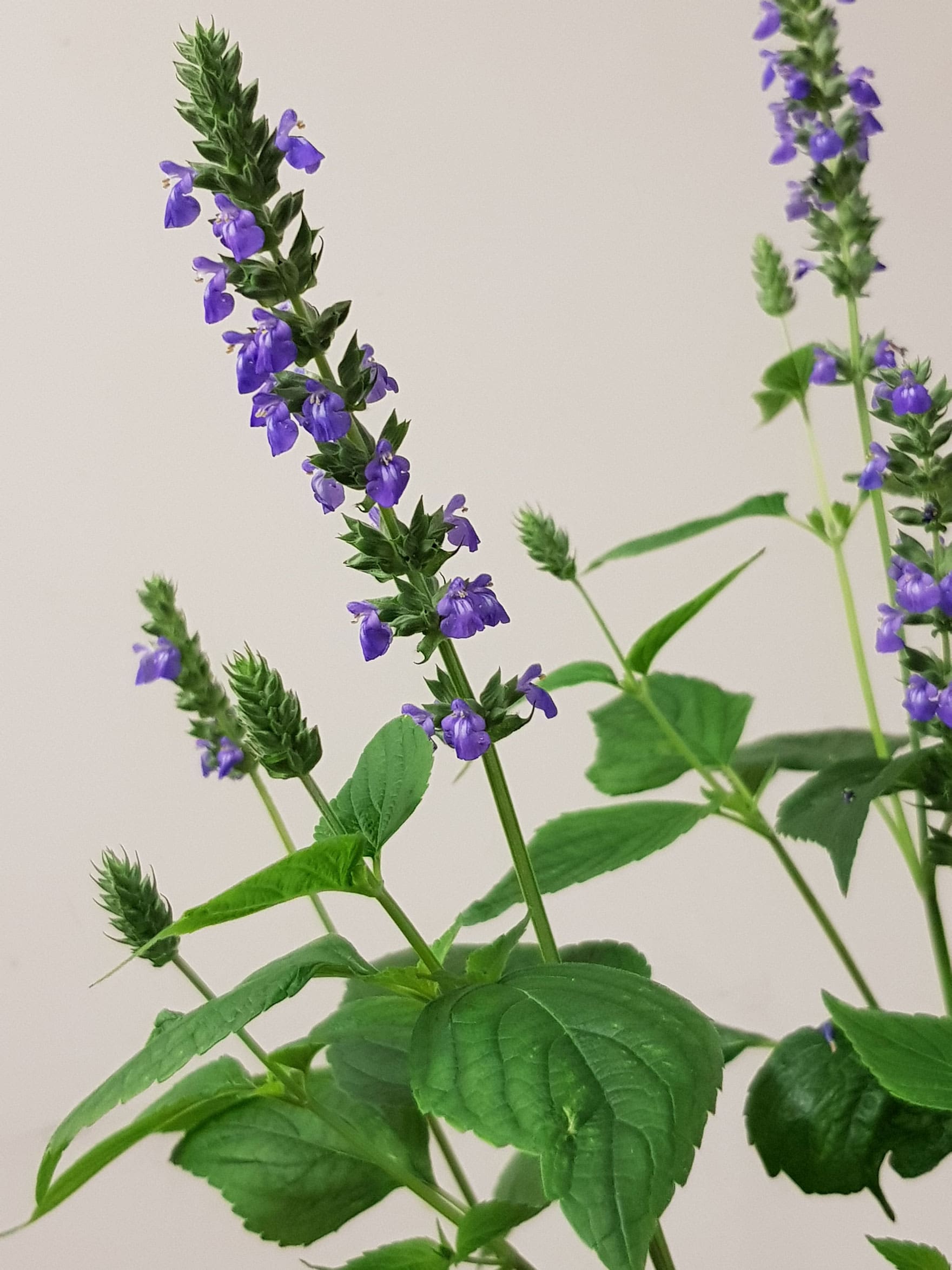
Chia Seed Genome Sequencing
Research Partner: University of Melbourne
Background
Chia Seed is a nutrient rich ancient grain containing large amounts of dietary fibre, omega 3 fatty acids, protein, and antioxidants.
The global market for Chia seed is forecast to grow at 22% per year to USD 4.7 billion by 2025 driven by the increasing consumer demand for healthier foods and beverages.
Limited quantities of high-quality Chia Seed are currently grown in WA and Qld.
The Chia Seed genome has not been sequenced. There is a lack of knowledge of oil biosynthesis, abiotic and biotic adaption, seed mutations and flowering times and this is limiting the growth of farming Chia Seed in Australia.
Project Outline
To sequence the genome of both commercial genotypes of Chia (i.e. white and black seed) to establish a publicly available reference genome. This is a world’s first initiative.
To build up the transcriptome of both commercial genotypes of Chia using comprehensive deep total RNA sequencing.
To annotate the whole genome of Chia using RNAseq data for future genome navigation and functional characterisation of individual gene clusters and their configuration within the genome.
To identify the genes in Chia which can be applied using genetic engineering techniques for enhancing commercially valuable traits such as having high oil yield and being abiotic/biotic stresses tolerance.
Key Outcomes
The provision of the Chia Seed genome by University of Melbourne will significantly add to the global knowledge of the Chia Seed. This may stimulate interest in Chia Seed genome optimisation for different geographies and nutrient content.
The Chia Seed Genome Sequencing Project will enable Australian plant breeders to develop new varieties that are better suited to Australian soils and climates. This will improve agronomic performance and reduce costs to potentially open export markets for both feed stock for farming and seed for food manufacturing.
The availability and potential for nutrient optimisation will provide the Australian food and beverage industry with the opportunity to develop innovative new healthy products for the domestic and export markets.
With the support of funding granted by the Rosewood Research organisation, PhD student Mrs Tannaz Zare from the School of BioSciences at the University of Melbourne has been allowed to pursue her passion for plant sciences and to apply new perspectives to her research project. This project provided Mrs Zare with an opportunity to access the cutting-edge transcriptomics and lipidomics platforms to develop a deeper understanding of the heat acclimation mechanisms in chia plant.
